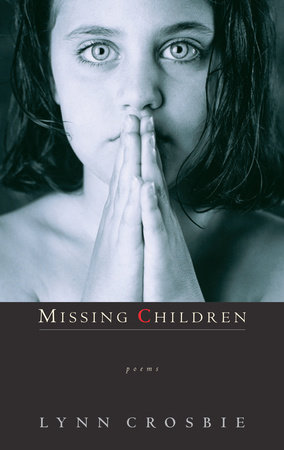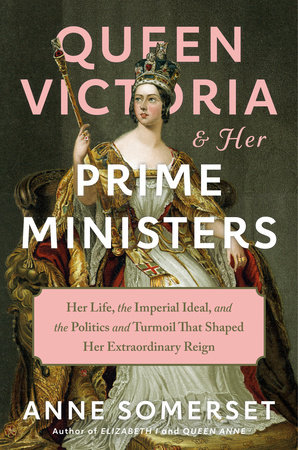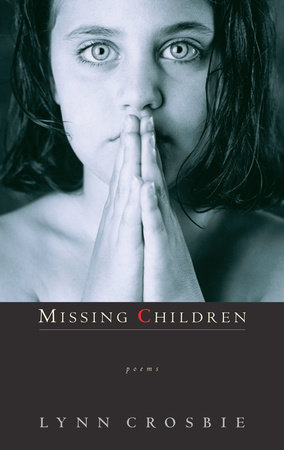

Add to Bookshelf

Paperback
$17.99
Mar 25, 2003 | ISBN 9780771024252
-
$17.99
Mar 25, 2003 | ISBN 9780771024252
-
Apr 29, 2014 | ISBN 9781551995151
YOU MAY ALSO LIKE
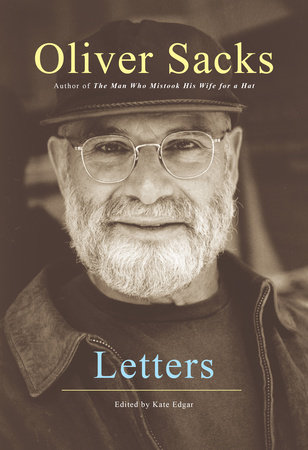
Letters
Hardcover
$40.00
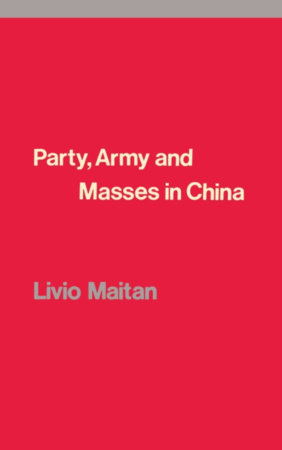
Party, Army and Masses in China
Trade Paperback Original
$39.95
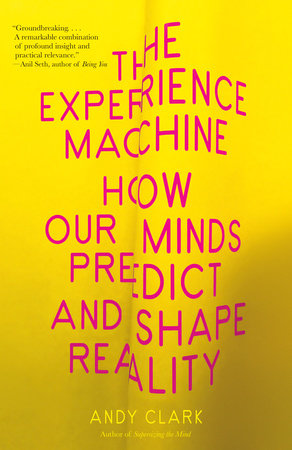
The Experience Machine
Trade Paperback
$19.00
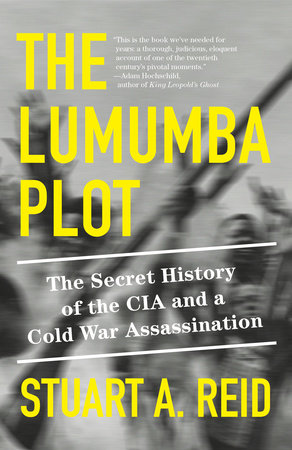
The Lumumba Plot
Trade Paperback
$20.00
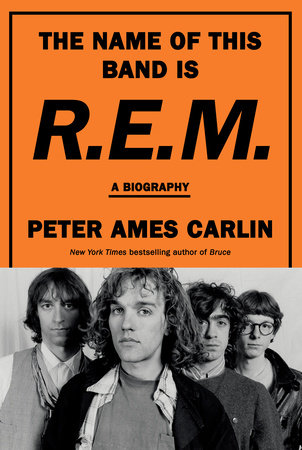
The Name of This Band Is R.E.M.
Hardcover
$32.00
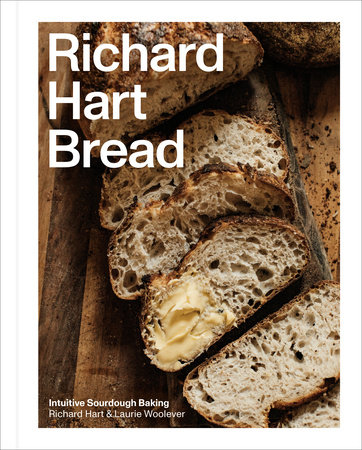
Richard Hart Bread
Hardcover
$35.00
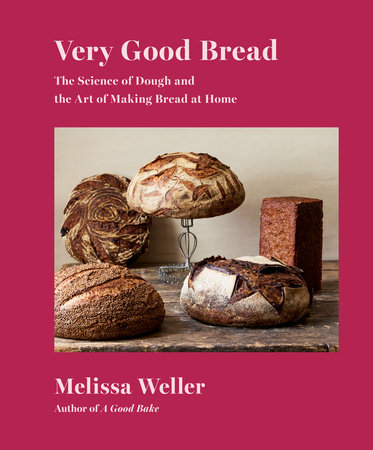
Very Good Bread
Hardcover
$40.00
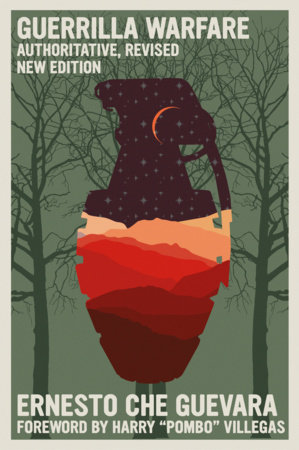
Guerrilla Warfare
Trade Paperback Original
$14.95

Every Family Has a Story
Trade Paperback
$17.95
Praise
“Crosbie’s poetry cannot be praised too highly for its stringently surreal beauty and consummate kiss-my-ass class.”
–Toronto Star
“Lynn Crosbie is a poet for our times.…[She] uses language as if she invented it.”
–Vancouver Sun
Looking for More Great Reads?
21 Books You’ve Been Meaning to Read
21 Books You’ve Been Meaning to Read
×
Become a Member
Just for joining you’ll get personalized recommendations on your dashboard daily and features only for members.
Find Out More Join Now Sign In






